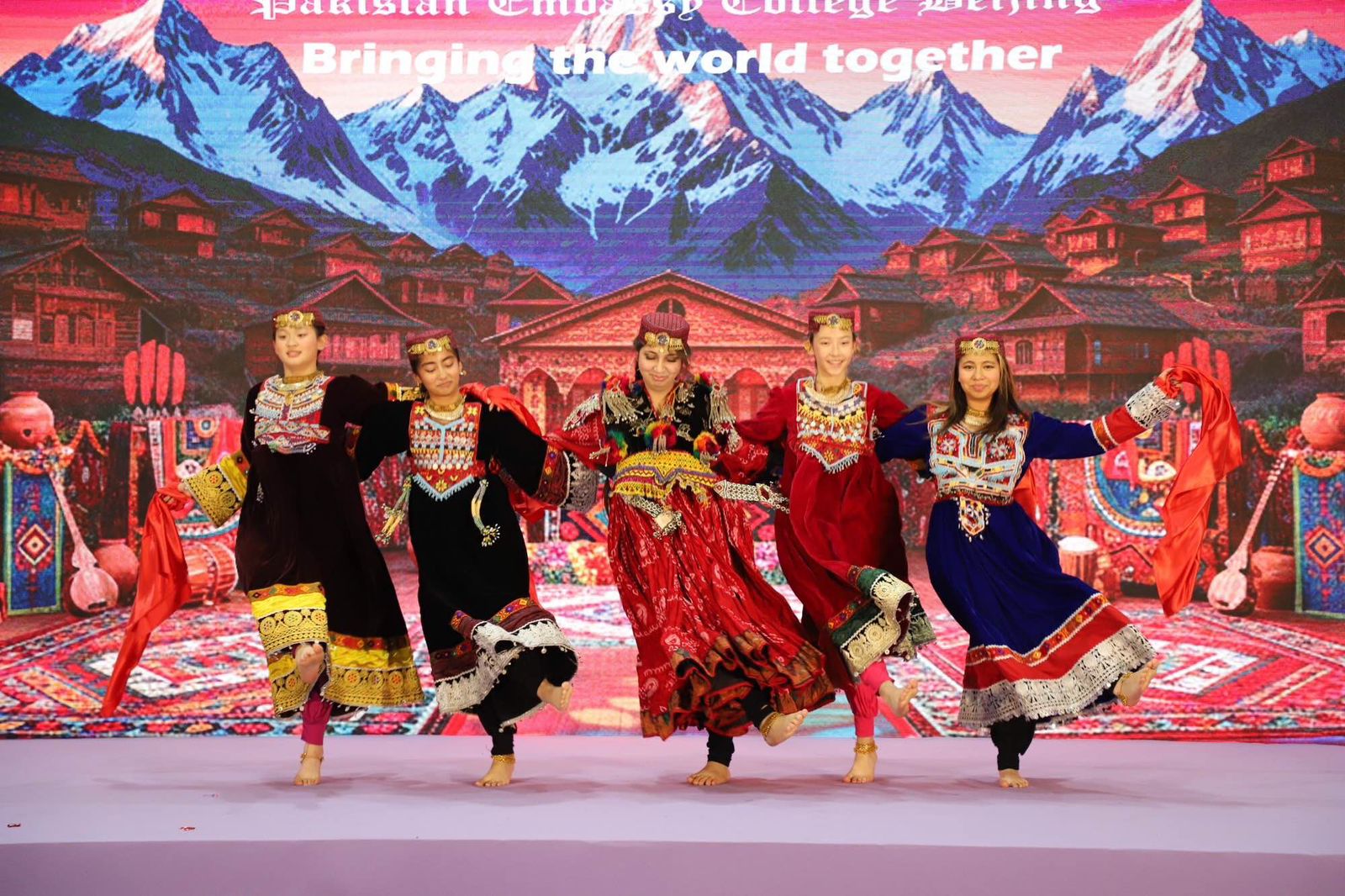ISLAMABAD: The Supreme Court ruled on Saturday that the state must ensure every woman receives her share of inheritance, calling the right “divinely bestowed.”
"It is incumbent upon the State under the Constitution and the clear injunctions of Islam to ensure the effective and unfettered realization of women's right to inheritance," says a seven-page judgment authored by Justice Athar Minallah and concurred by Justice Irfan Saadat Khan.
The verdict came as a result of the Supreme Court’s dismissal of a petition submitted by Abrar Hussain, who had spent years attempting to prevent his sister, Mst. Bibi Shahida, from receiving her legal share of a Karachi property left behind by their late father, Irfan Hussain Khan, who died in 2002.
Shahida originally filed a lawsuit in 2015, claiming that her brother had taken over their father's house, blocked her access to her inheritance, and rented out portions of it without paying her a share of the income.
The bench upheld prior decisions of the trial court, appellate court, and the Sindh High Court, all of which ruled that Abrar Hussain unfairly deprived his siblings, particularly his sister, Bibi Shahida, of their legitimate inheritance for more than two decades.
According to the SC ruling, Hussain "took exclusive possession of the property; thereby depriving the other legal heirs of their lawful shares."
“The petitioner (Hussain) had no case on merits and yet persisted in litigation, thereby prolonging the deprivation of his siblings of their lawful inheritance, which devolved upon them on 1.1.2002, the date of their father’s demise,” Justice Minallah wrote.
The basis of the petitioner’s claim
Shahida's claim was supported by all of her siblings, with only Hussain contesting it, arguing that their father had ‘gifted him’ the property before his death.
Abrar used two documents to support this claim: An alleged "iqrar nama" from 2000 and a supposed "possession certificate" issued by a union council nazim.
The Supreme Court declared the documents “dubious and unreliable,” saying Hussain failed to present credible witnesses or proof. The bench stated that the so-called iqrar nama lacked basic information such as witnesses' addresses and CNIC numbers.
“The challenge before this Court was nothing more than an attempt to delay and frustrate the rights of the other legal heirs, amounting to a mere abuse of process,” Justice Minallah noted.
The final order
The judgment reiterated that the state has a constitutional duty to ensure that “every woman is informed of, and enabled to claim, her rightful share in inheritance without delay, fear or dependence on lengthy litigation.”
The bench called for the establishment of a proactive state-run mechanism to assist women in claiming their inheritance, adding that those who deprive women of their rights “through coercion, deceit or undue influence” must be held accountable.
The judgment also referred to the Federal Shariat Court's landmark decision earlier this year, which determined that customs such as Chaddar, Parchi, or Haq Bakhshwai — often used to deprive women of inheritance — were “un-Islamic” and held no legal validity.
The Supreme Court dismissed the petition, refused leave to appeal, and ordered Abrar Hussain to deposit Rs500,000 within seven days, to be distributed among the rightful heirs.




.jpg)


.jpg)
